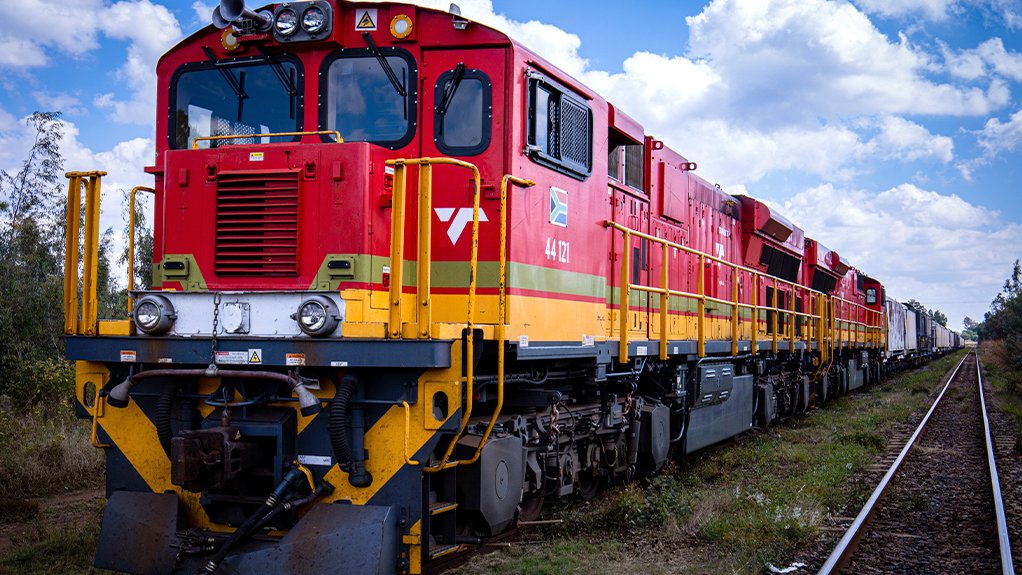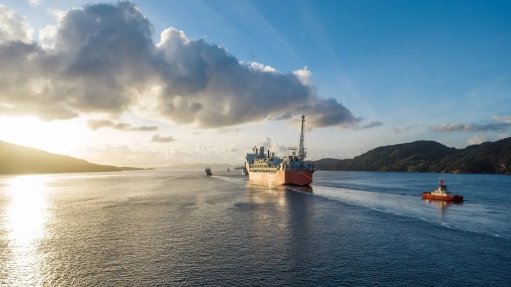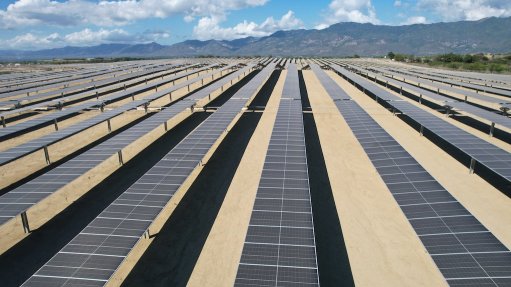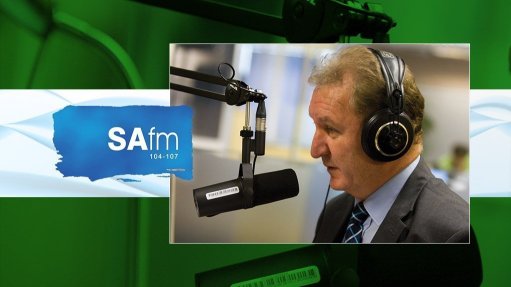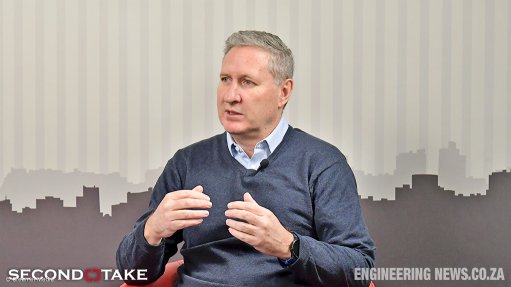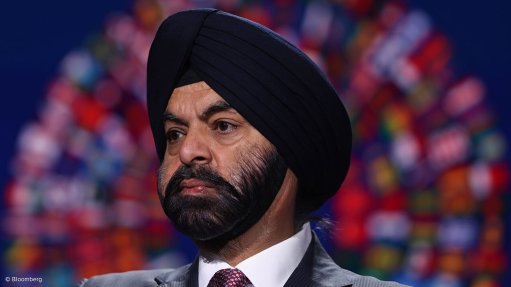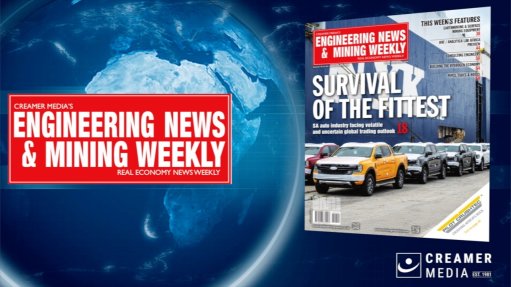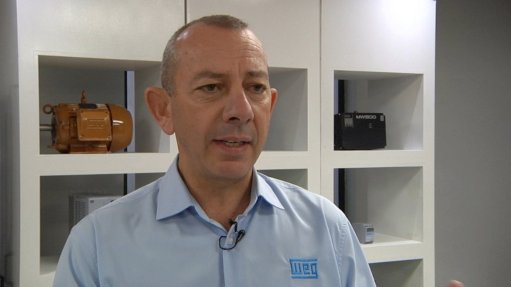Considerable challenges hampering TFR's performance, but interventions under way
There are myriad of challenges plaguing State-owned rail operator Transnet Freight Rail (TFR), ranging from infrastructure and security to skills shortages; however, several interventions are under way to mitigate this – but it will take time to successfully implement these.
This was a key theme raised by speakers at a Rail Roundtable, hosted by Transnet and the University of Johannesburg’s Institute of Transport and Logistics on September 14.
Challenges outlined ranged from a lack of infrastructure and maintenance to security along the rail network, and skills shortages, with speakers positing that there had been an exodus of skilled personnel over the years owing to a difficult working culture at the companies.
However, it was highlighted that there were several initiatives being pursued to rectify this, including bringing in private-sector participation. It was emphasised that the objective was to increase private-sector involvement in the sector and along the rail network, as well as to fill gaps where Transnet fell short, rather than privatising the entity.
The biggest step being taken by the Transnet group is the implementation of a dedicated Infrastructure Manager (IM) function within TFR by October 31, effectively separating the infrastructure and operational aspects of the rail business in preparation for this considerable expansion of third-party access to the network.
It was highlighted that setting up an IM came in response to the National Rail Policy of 2022, which stipulated that there should be a split between infrastructure and train operations to facilitate third-party access across the network and to revitalise rail and rail investment.
It was noted that Transnet was undertaking this in a phased approach. The first phase, the establishment and proprietary phase, would run from October 31 through to April next year, so that the entity was able to receive operators from next year.
The next phase will entail transitioning to a regulated entity and will run from about April 2024 to April 2025.
The last phase will entail the entity operating in a way envisioned in the National Rail Policy.
It was highlighted that the market had already been tested with some of these elements, with Phase 1 of slot sales having started last year and this was still ongoing.
Key learnings from both Transnet and the market in terms of how they engage, and the conditions, are being taken into consideration for the phased approach process.
It was also highlighted that setting up of an IM is being run like a programme, so as to ensure defined deliverables and a proper timeline.
The organisational design work around this was indicated to be almost complete, as well as the accounting separation, with additional work now being undertaken.
It was highlighted that the aim was to have as much work for this complete by the end of this month, so that by the end of October, the demo work could begin.
The importance of taking labour along this process was also highlighted, as well as international benchmarking to make sure that lessons were adhered to.
Transnet South Africa chief strategy and planning officer Dr Andrew Shaw pointed out that part of Transnet’s strategy was to draw in private sector involvement in segments it was dominant in, in a way that leveraged the opportunity to deliver and improve volumes.
He added that the rail policy was aimed at getting freight volumes back onto rail from road, by drawing in third-party operators.
Shaw highlighted benefits that would emerge from an IM as including improved infrastructure management, enhanced safety, increased capacity, efficiency gains, environmental benefits, alignment with the National Rail Policy, facilitation of economic growth, facilitation of international trade, reduction of congestion on roads, and long-term sustainability of transportation.
Also mentioned during the roundtable was the need to modernise and maintain the network.
Moreover, it was indicated that Transnet was also setting up a leasing company to help facilitate entry into the market for operating companies and to help them overcome barriers.
Comments
Press Office
Announcements
What's On
Subscribe to improve your user experience...
Option 1 (equivalent of R125 a month):
Receive a weekly copy of Creamer Media's Engineering News & Mining Weekly magazine
(print copy for those in South Africa and e-magazine for those outside of South Africa)
Receive daily email newsletters
Access to full search results
Access archive of magazine back copies
Access to Projects in Progress
Access to ONE Research Report of your choice in PDF format
Option 2 (equivalent of R375 a month):
All benefits from Option 1
PLUS
Access to Creamer Media's Research Channel Africa for ALL Research Reports, in PDF format, on various industrial and mining sectors
including Electricity; Water; Energy Transition; Hydrogen; Roads, Rail and Ports; Coal; Gold; Platinum; Battery Metals; etc.
Already a subscriber?
Forgotten your password?
Receive weekly copy of Creamer Media's Engineering News & Mining Weekly magazine (print copy for those in South Africa and e-magazine for those outside of South Africa)
➕
Recieve daily email newsletters
➕
Access to full search results
➕
Access archive of magazine back copies
➕
Access to Projects in Progress
➕
Access to ONE Research Report of your choice in PDF format
RESEARCH CHANNEL AFRICA
R4500 (equivalent of R375 a month)
SUBSCRIBEAll benefits from Option 1
➕
Access to Creamer Media's Research Channel Africa for ALL Research Reports on various industrial and mining sectors, in PDF format, including on:
Electricity
➕
Water
➕
Energy Transition
➕
Hydrogen
➕
Roads, Rail and Ports
➕
Coal
➕
Gold
➕
Platinum
➕
Battery Metals
➕
etc.
Receive all benefits from Option 1 or Option 2 delivered to numerous people at your company
➕
Multiple User names and Passwords for simultaneous log-ins
➕
Intranet integration access to all in your organisation



